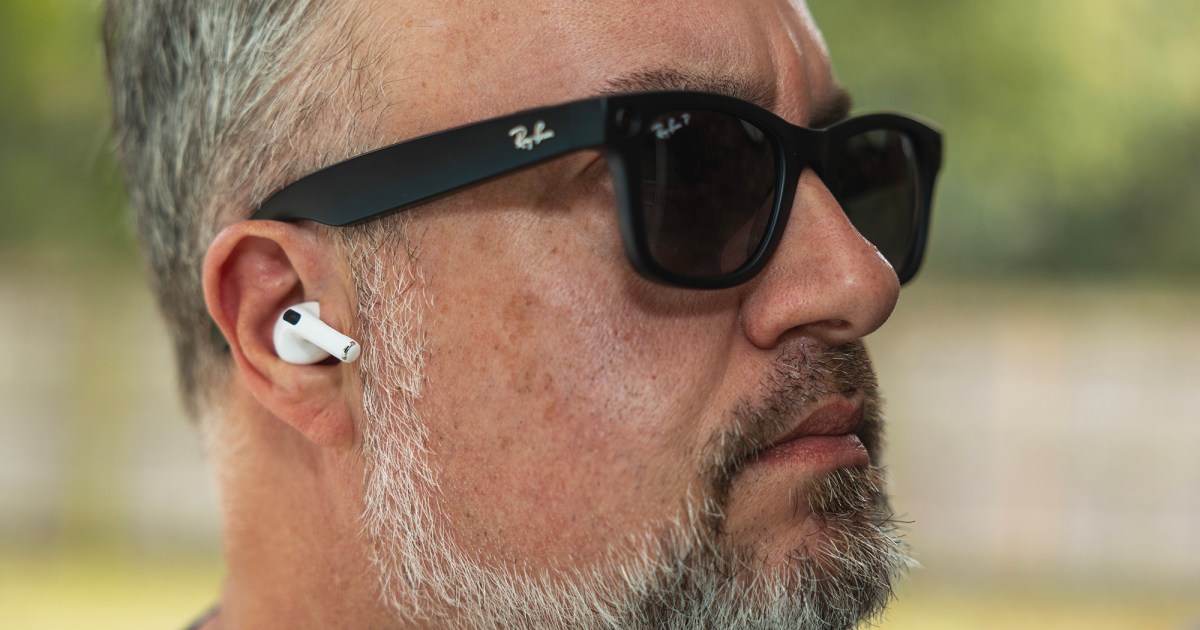Google has consistently ranked among the best smartphones for its affordable devices over the past six years, particularly with its Pixel A series. The Pixel 3a set the trend for major phone manufacturers to provide a compelling experience at half the price of flagship models, intensifying competition in this segment.
In the last three months, we’ve seen Samsung introduce the Galaxy A56 and Galaxy A36, which deliver features from the Galaxy S25 series at a significantly lower price point. Then there’s Apple, which entered the market with the iPhone 16e, priced considerably higher than its rivals. Additionally, Nothing offers the Nothing Phone 3a and Phone 3a Pro, arguably the best phones available at $379 and $459, respectively.
Each phone aims to replace the Pixel 8a as the best mid-range phone. Google’s response? The Pixel 9a. The launch was delayed due to a component issue, but the Pixel 9a is finally set for its long-awaited debut. Here are four reasons why I’m excited about Google’s new mid-range flagship.
A flagship processor
The Pixel 9a is powered by the Tensor G4, the same flagship chipset used in the Google Pixel 9 series. It solves many problems with previous Pixel phones, and while improving the performance over previous chipsets, it is also significantly more efficient.
A flagship processor at this price is noteworthy, especially as it should offer considerably more performance than the processors used in the competition. The competition all use processors built on the same 4nm process as the Tensor G4, but unlike Google’s processor, they are never used in phones that rival the best flagships.
The Snapdragon 7s Gen 3 in the Nothing Phone 3a is a year old and a step down from the flagship Snapdragon 8 Gen 3. Meanwhile, the Exynos processor in the Galaxy A56 isn’t used in any of Samsung’s flagship devices, which exclusively use the Snapdragon 8 Elite for Galaxy worldwide.
The closest competition is the iPhone 16e, which uses the same A18 processor as the iPhone 16, although our testing found that it’s considerably less performant. It remains to be seen how the Tensor G4 in the Pixel 9a compares to other Pixel phones, but paired with 8GB of RAM, it should offer a flagship-like performance.
Much better battery life
If there’s one area that Google phones have traditionally struggled with, it’s battery life. The Pixel 9a looks to rectify this with the biggest battery in a Pixel and improvements from the flagship processor inside.
The 5,100 mAh battery is the biggest ever in a Pixel phone and also bigger than most phones, including Samsung’s Galaxy S25 Ultra, which costs $1300. By comparison, the Pixel 8a had a 4,492 mAh battery, so the Pixel 9a battery is 14% larger, while the Nothing Phone 3a and Galaxy A56 both feature 5,000 mAh batteries. The iPhone 16e, meanwhile, has a 4,005 mAh battery, but it’s one of the largest on an iPhone and offers outstanding battery life, so it’ll be interesting to see how it compares to the Pixel 9a.
The Pixel 9a also offers improved wired charging, up to 23W from 18W in the Pixel 8a. However, this pales in comparison to the competition, with the iPhone 16e (29W), Galaxy A56 (45W), and Nothing Phone 3a series (50W) all offering considerably faster charging.
For the first time, the Pixel A series includes 7.5W wireless charging. It’s not super fast, but it’s unique to the Pixel 9a at this price point. Even the iPhone 16e, which is priced higher, lacks any form of wireless charging.
Unique and interesting colors
Phones are boring; well, most of them are. There are some unique colors and designs at flagship prices, and the best folding phones never cease to amaze, but the best affordable phones can lack a bit of vibrancy.
The Nothing 3a and Nothing 3a Pro feature distinct designs that stand out but may not appeal to everyone. The iPhone 16e shares the same design as the rest of the iPhone 16 series but lacks color options beyond black or white. The Galaxy A56 design only stands out if you choose the right color; while it does resemble the best Samsung phones, the pink and olive hues differ from the usual selections.
However, the Pixel 9a outshines the competition with two fairly unique colors. It’s available in the standard black (Obsidian) and white (Porcelain) colorways, but it also comes in pink (Peony) and lavender (Iris). The latter two are striking and ensure the Pixel 9a stands out, especially as it has lost a key design feature.
A compelling camera without a bump
If you’ve bought a recent Pixel phone, you’ll be used to Google’s iconic camera bar. If you buy the Pixel 9a, you’ll be shocked that Google has done away with it. Instead of a black camera bar with a sizeable bump, the Pixel 9a has a dual camera array inside a pill shape and virtually no camera bump.
The lack of a camera bump is a new trend in affordable phones, and the Pixel 9a follows the iPhone 16e in shaving the bump to almost nothing. An added benefit is that this design allows the Pixel 9a to lay flat on a table without wobbling, a common problem on most phones with any form of camera bump.
Despite lacking a camera bump, the Pixel 9a has a fairly compelling camera. The new 48MP main camera has an f/1.7 aperture, dual pixel phase detection autofocus (PDAF), and OIS, and it is paired with the same 13MP ultrawide found on the Pixel 8a. Like most phones, the 48MP camera also offers 2x optical zoom by cropping the sensor.
The Pixel 9a’s camera is well-positioned against the competition. It beats the single camera on the iPhone 16e but doesn’t have the triple camera setup of the Galaxy A56 and Nothing 3a series. Having reviewed the iPhone 16e, the Pixel 9a also solves my chief complaint with that phone thanks to the ultrawide camera.
Outstanding value for money
Undoubtedly, the main reason to buy the Pixel 9a is its exceptional value for money. Starting at $499 in the US (or £499 in the UK), it’s priced at exactly half the Pixel 9 Pro and features the same display as the Google Pixel 9.
The Pixel 9a offers compelling features at a price far more accessible than the rest of the Pixel 9 series. The battery is substantial, performance will likely be fantastic, and the display is as good as the entry-level Pixel 9.
Yes, the plastic build won’t be as nice as the finish on the rest of the series, and the lack of a camera bar also means it’s much more generic, but it’s a compelling smartphone at an excellent price. I’m far more excited about the Pixel 9a than I initially expected.






